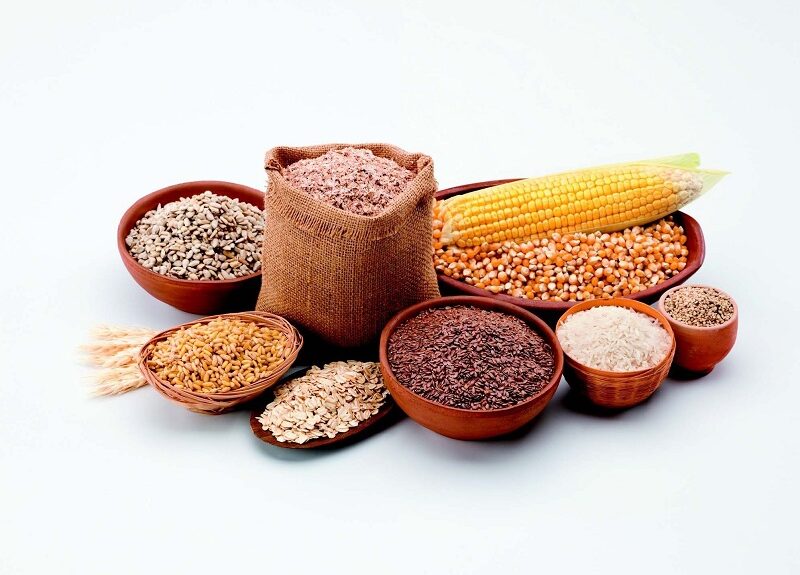Eating whole grains is an important part of a healthy and balanced diet. Whole grains are packed with vitamins, minerals, fiber and other important components of a healthy diet, such as B vitamins, magnesium, iron, and zinc. Whole grains are also linked to several health benefits, including reducing the risk of obesity, heart disease, and type 2 diabetes.
This article will discuss the health benefits of eating whole grains, including their nutritional value, how they can benefit our digestive health, and their link to improved mental health. We will also provide tips on how to get more whole grains in your diet. So, let’s explore the health benefits of eating whole grains. You can also use grains to oz calculator to find their weight.
Nutritional Value of Whole Grains
Whole grains are an excellent source of essential vitamins and minerals, such as B vitamins, magnesium, iron, and zinc. They are also a great source of dietary fiber, which can help improve digestion and reduce the risk of constipation.
Whole grains are a good source of plant-based proteins, which can help to keep you full and energized throughout the day. Additionally, they are packed with antioxidants, which can help to reduce inflammation and combat free radical damage.
Finally, whole grains are a great source of complex carbohydrates, which provide your body with long-lasting energy. Eating whole grains regularly can help to keep your blood sugar levels stable and reduce the risk of overeating.
Whole Grains and Digestive Health
Eating whole grains can have a positive impact on your digestive health. The dietary fiber found in whole grains helps to keep your digestive system running smoothly, by adding bulk to the stool and helping food move through the intestines. Additionally, the fermentation of dietary fiber in the large intestine helps to feed the beneficial bacteria in the gut, which helps to maintain a healthy balance of gut flora.
Fiber also helps to reduce the risk of digestive issues, such as diarrhea and constipation, by slowing down digestion and allowing more time for your body to absorb nutrients. Additionally, fiber helps to reduce the risk of colon cancer and other digestive disorders, such as diverticulitis and irritable bowel syndrome.
Whole Grains and Mental Health
Eating whole grains can also have a positive impact on your mental health. Whole grains are a good source of complex carbohydrates, which provide your body with long-lasting energy and help to keep your blood sugar levels stable. This can help to reduce fatigue and improve your focus and concentration.
Additionally, the B vitamins found in whole grains are essential for mental health. They help to convert food into energy and are involved in the production of neurotransmitters, such as serotonin and dopamine, which help to regulate your mood and reduce stess and anxiety.
Finally, whole grains are a great source of antioxidants, which can help to reduce inflammation and improve cognitive function. Eating whole grains regularly can help to improve your overall mental wellbeing.
Tips for Incorporating Whole Grains into Your Diet
Incorporating whole grains into your diet can be a great way to boost your health. Here are some tips to help you get started:
Start small: Start by swapping out refined grains, such as white bread and pasta, with whole-grain versions. Choose brown rice, quinoa, and whole-wheat or multigrain products instead.
Make breakfast: Start your day off with a healthy breakfast that includes whole grains. Try oatmeal, homemade granola, or muesli. You can also add some whole-grain cereal to your morning yogurt.
Add to salads: Add some cooked whole grains to your favorite salad. Try quinoa, bulgur, or barley.
Try new grains: Experiment with different grains, such as farro, millet, or freekeh.
Conclusion
In conclusion, eating whole grains can provide numerous health benefits, including improved digestion, weight loss, better heart health, and improved mental health. Whole grains are also a great source of fiber, vitamins, and minerals, which are essential for overall health.
Eating a diet rich in whole grains can help to reduce your risk of disease and help you to maintain a healthy weight. Try to incorporate more whole grains into your diet to reap the numerous health benefits they offer.





